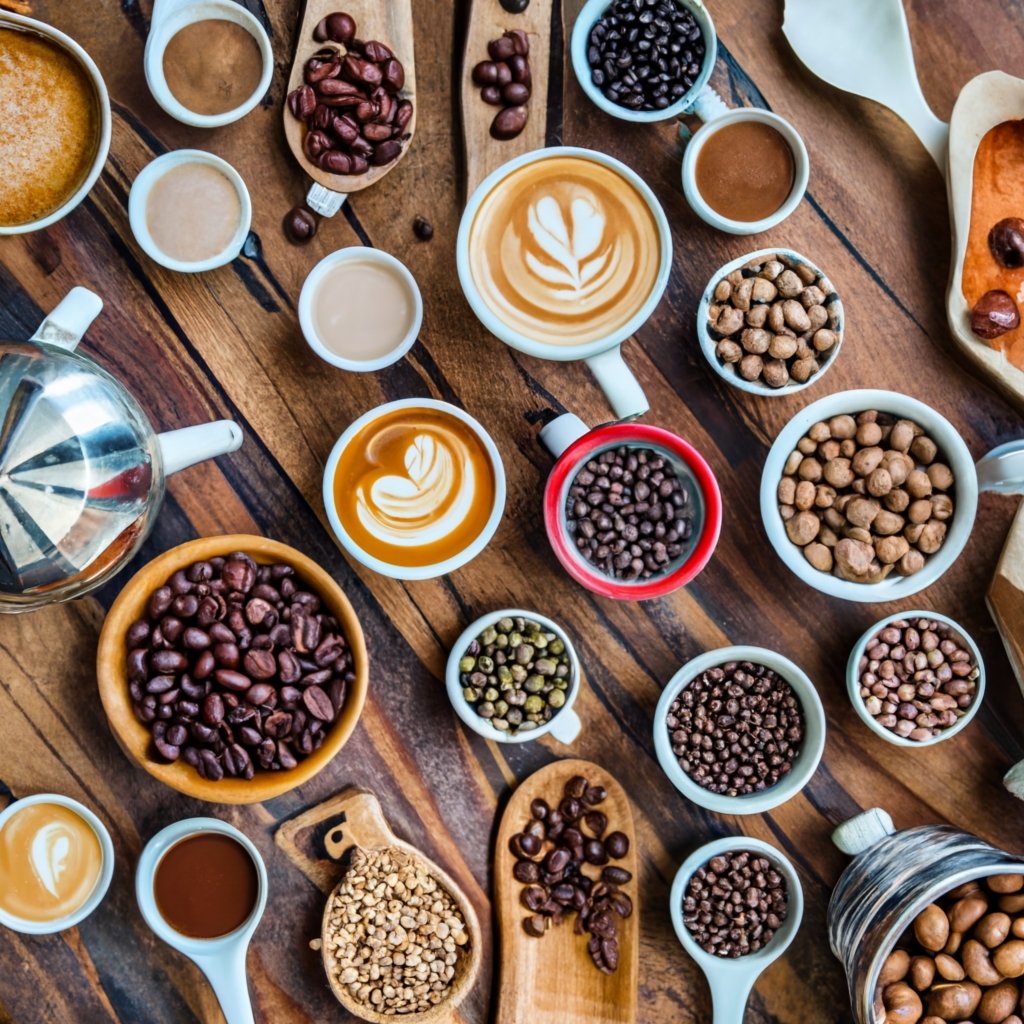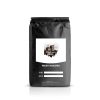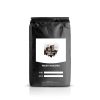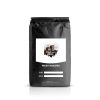A Beginner’s Guide
When it comes to making a great cup of coffee, the journey starts long before you pour hot water over grounds. It begins with selecting the right coffee beans, a process that can be as complex or as straightforward as you’d like to make it. Below are some essential considerations to help you choose coffee beans that will delight your palate and elevate your coffee experience.
Origin Matters

One of the first things you’ll notice when shopping for coffee beans is that they often list their country or region of origin. This information is crucial because the geographical location where the coffee is grown significantly influences its flavor profile. Beans from Colombia, for instance, are known for their well-balanced flavor with a touch of nuttiness, while Ethiopian coffee is famous for its fruity and floral notes.
Roast Level
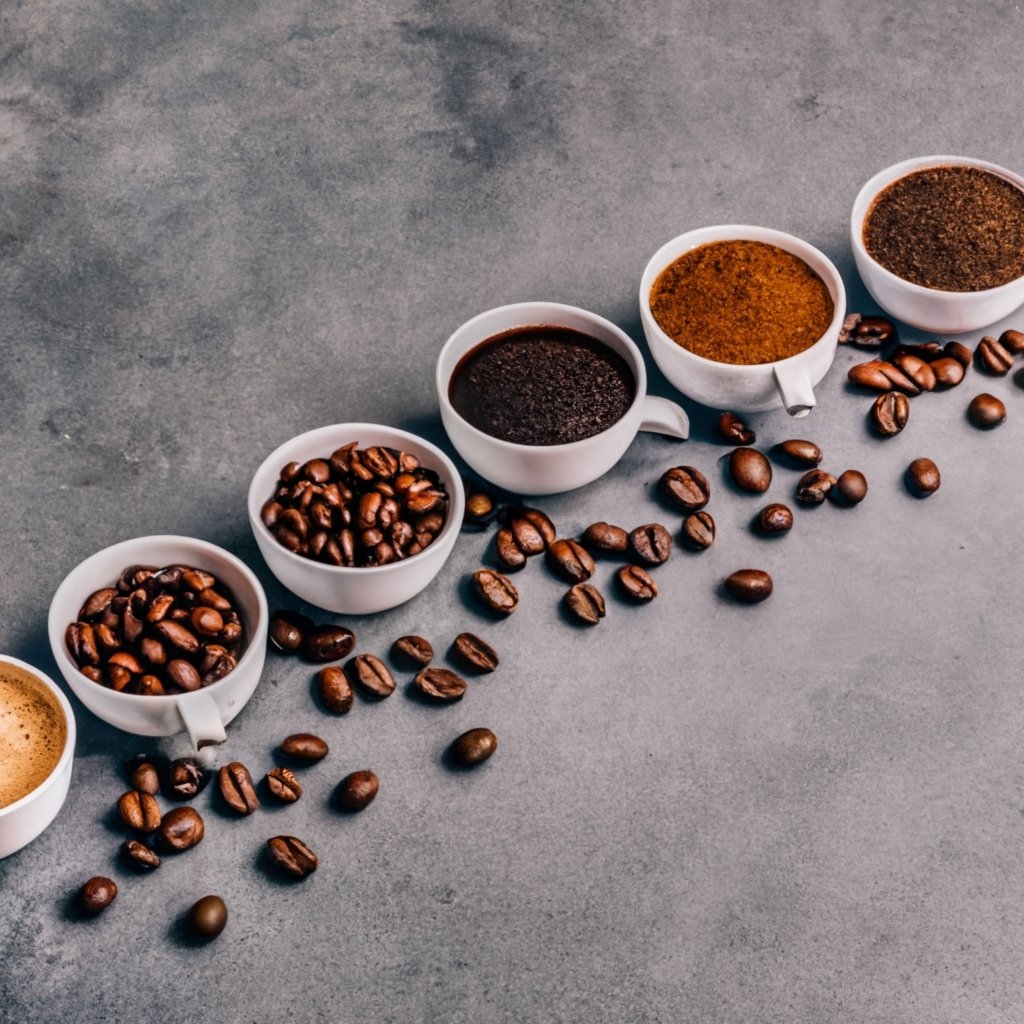
From light to dark, the roast level of the coffee bean can drastically affect the taste. Lighter roasts generally preserve more of the bean’s original flavor, which could be fruity, floral, or nutty. Dark roasts are bold, with flavors ranging from chocolaty to smoky. If you’re new to coffee, you might want to start with a medium roast, which offers a balance between the two.
Single-Origin vs. Blend
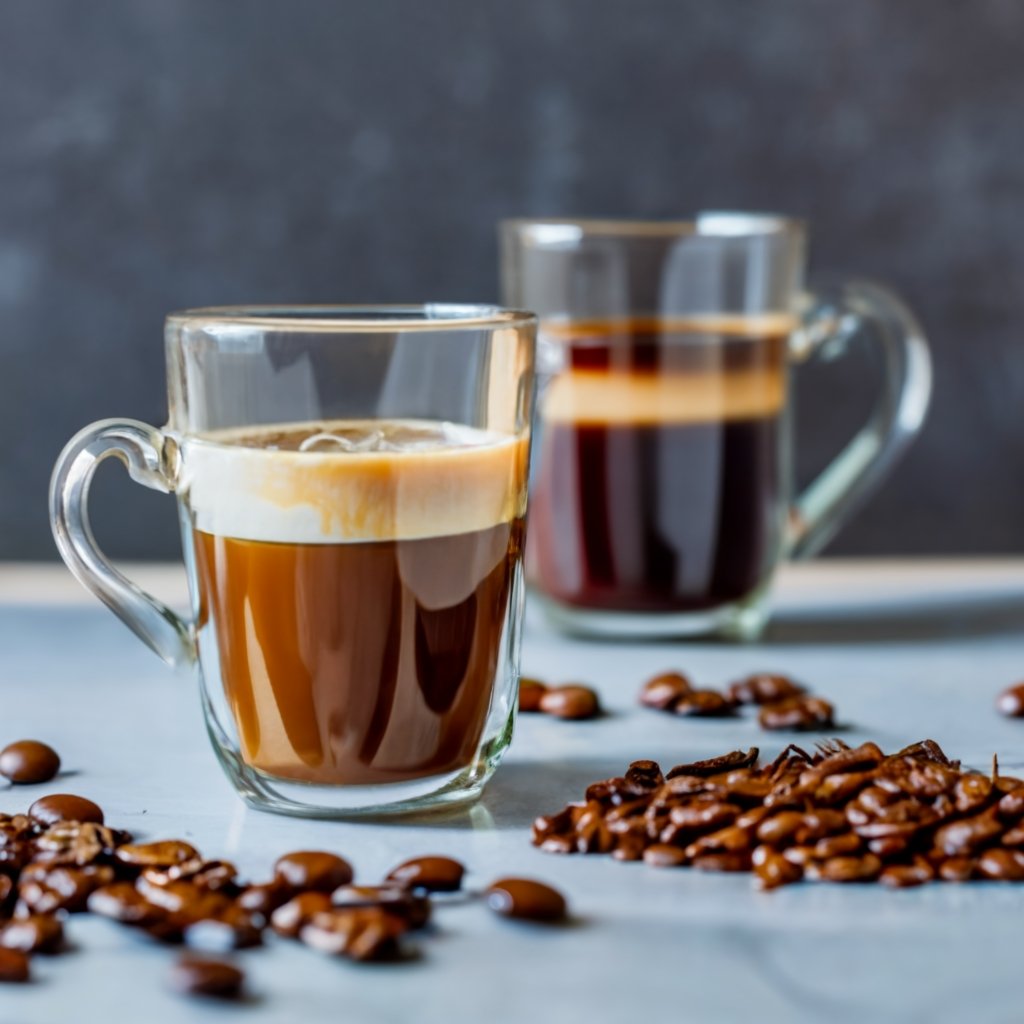
Single-origin coffee is sourced from one location, offering a unique flavor profile characteristic of its growing region. Blends, on the other hand, combine beans from different places, aiming for a balanced and smooth flavor. Single-origin is an excellent choice for those looking to explore distinct tastes, while blends are reliably consistent and versatile.
Freshness
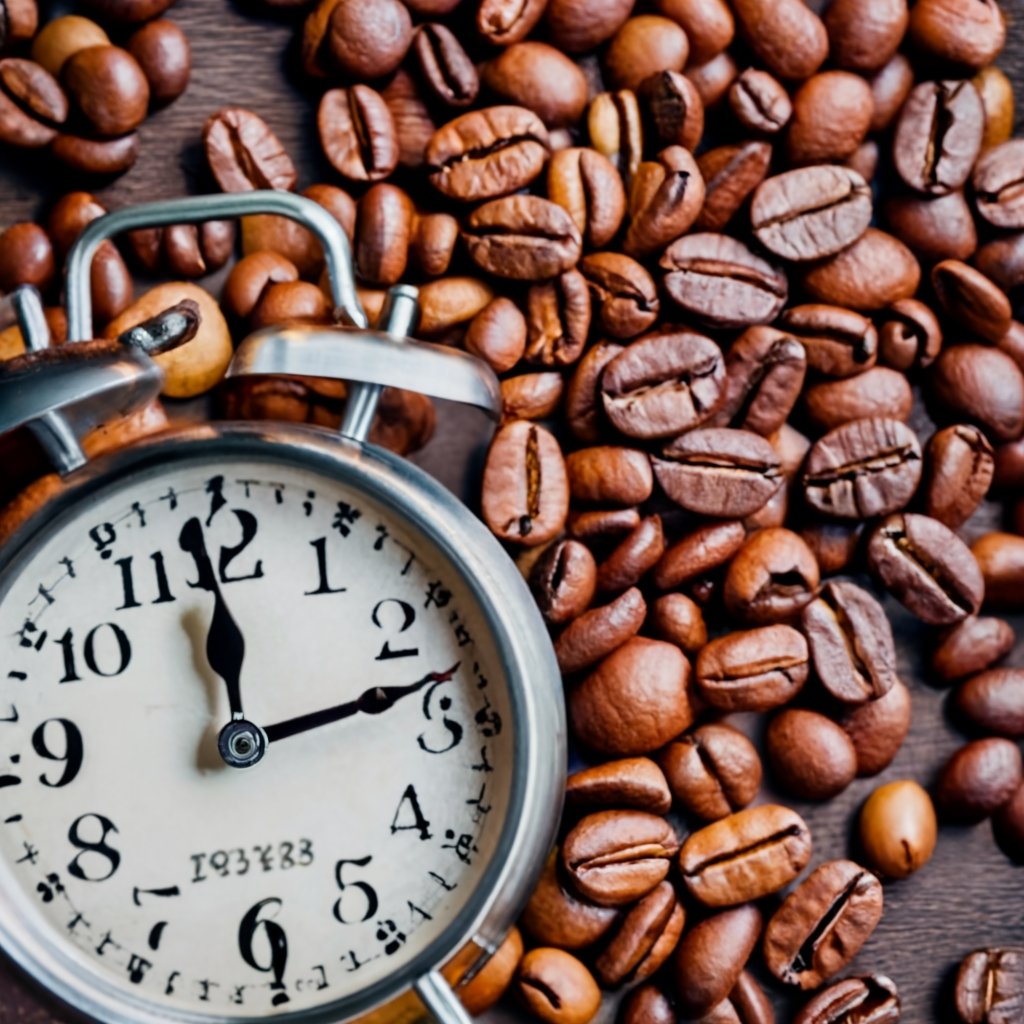
Always check the roast date on the coffee beans you’re buying. Coffee is best consumed within two weeks to a month after it has been roasted. Some specialty coffee shops even recommend waiting a couple of days post-roast for the beans to “degas,” enhancing their flavor profile.
Grind Size
While not strictly about selecting the bean, the grind size of your coffee will impact the final brew. If you’re buying pre-ground coffee, make sure it’s appropriate for your brewing method. Whole beans are the best option for those serious about their coffee, as you can grind them to your specific needs.
Trust Your Palate
Finally, remember that the “best” coffee bean is highly subjective and depends on individual preference. Start by sampling different types, origins, and roasts to find out what appeals to your palate. Many specialty coffee shops offer tasting flights, or you can purchase small quantities to try at home.
Choosing the right coffee bean is an art in itself, offering a rewarding experience for those who invest the time to explore. With these tips, you’ll be well on your way to finding the bean that makes your perfect cup.
